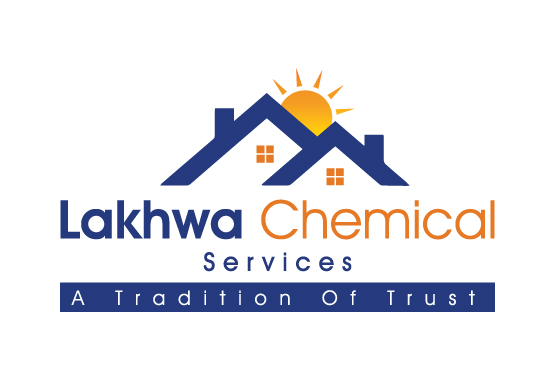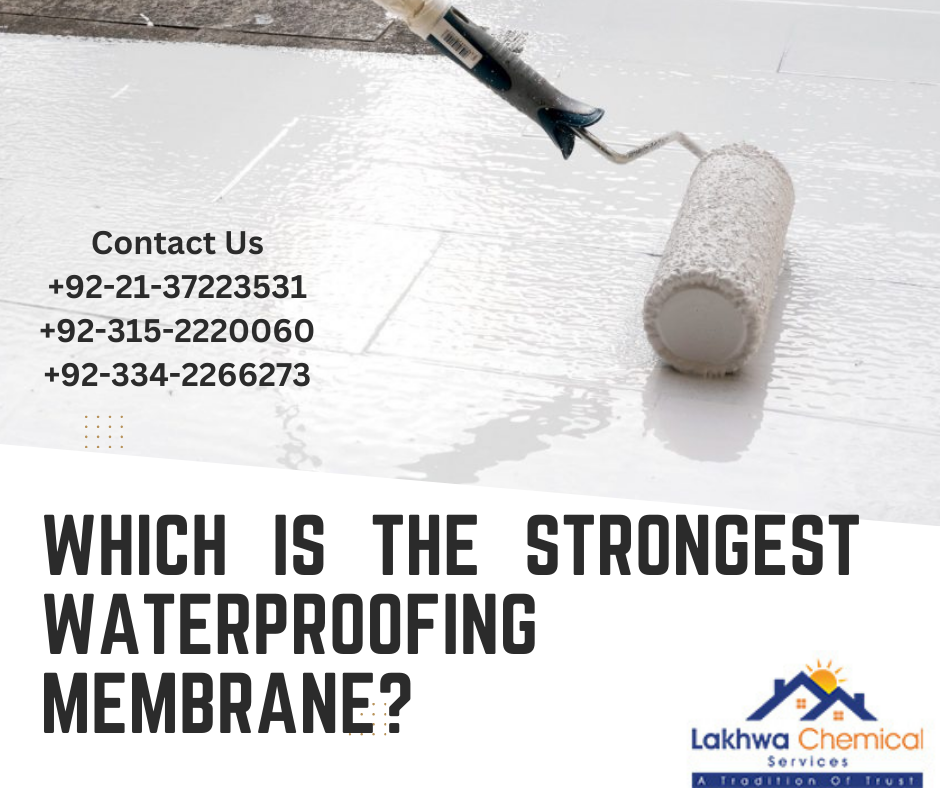Which is the Strongest Water proofing Membrane?
When protecting structures from moisture becomes a necessity, you have to choose the right water proofing membrane. These coverings can inhibit water ingress, ensure longevity and enhance structural integrity. Among the options available, determining the toughest water proofing membrane is complex (due to different factors).
Liquid-Applied Membranes
Liquid-applied waterproofing membranes are flexible and versatile; these coatings are suitable for various applications, including roofs, foundations, and below-grade structures. They are made of polymers, such as acrylic or elastomeric asphalt. These membranes adhere to the substrate, forming a seamless and continuous barrier.
Strengths
- Excellent flexibility
- Adhere tightly to the substrate
- Highly resistant to UV radiation, weathering, and temperature fluctuations
- Can be applied to irregular surfaces
Weaknesses
- Susceptible to damage during installation (if not applied properly)
- May require multiple coats for optimal thickness
Read More
List of Benefits Using Roof Cool Services in Karachi
Why Roof Heat Proofing Chemical Price is Reasonable in Pakistan?
How Waterproofing Company Provides Roof Leakage Repair in Hyderabad?
Sheet Membranes
Another popular choice for waterproofing is sheet membrane. It consists of layers of asphalt-modified bitumen or synthetic materials like PVC, TPO, or EPDM. Sheet membranes are used for roofing, decks, and foundation walls.
Strengths
- Strong and Long-lasting
- Resistant to UV rays and temperature fluctuations
- Easy to install
- Offer protection against root penetration
Weaknesses
- May not adapt well to curved or irregular surfaces
- Joints and seams require special attention
Read More
Does Underground Water Tank Waterproofing Paint Application Stop Leakage?
Types of Ways to Find The Price of Bitumen Sheets in Pakistan
Why Waterproofing Chemical is Used for Wet Walls in House Solution?
Bentonite Membranes
Bentonite waterproofing membranes consist of sodium bentonite clay sandwiched between geotextile or fabric layers. When hydrated, the bentonite swells to create an impermeable barrier.
Strengths
- Self-healing properties
- Excellent resistance to hydrostatic pressure
- Environmentally friendly and non-toxic.
Weaknesses
- Sensitive to drying out (before installation)
- Installation can be labor-intensive and time-consuming.
Polyurethane Membranes
Polyurethane waterproofing membranes are based on a synthetic polymer that forms a flexible, seamless barrier when applied. They are commonly used for roofs, balconies, and below-grade applications.
Strengths
- High elongation properties
- Excellent adhesion to substrates
- Resistant to UV exposure and weathering
- Quick curing times
Weaknesses
- Expensive
- Prone to damage from standing water
Rubberized Asphalt Membranes
Rubberized asphalt membranes combine asphalt with rubber polymers, creating a highly durable and flexible waterproofing solution. They are commonly used for plaza decks, tunnels, and bridge decks.
Strengths
- Exceptional resistance to mechanical damage
- Excellent flexibility
- Highly durable
Weaknesses
- Can be challenging to install
- Vulnerable to UV radiation
Which Waterproofing is Better? Bitumen or Polyurethane?
The choice between bitumen and polyurethane waterproofing depends on specific requirements. Bitumen, a traditional choice, offers durability and resistance to UV exposure. It’s ideal for horizontal applications like roofs. However, it can become brittle over time and may require additional layers. On the other hand, polyurethane provides versatility and strong adhesion. Its flexibility can accommodate structural movement in vertical and horizontal surfaces. Lastly, it is more expensive than bitumen.
While bitumen has its merits, polyurethane proves to be a more effective choice for the long-term, especially in diverse applications and modern-day construction.
Bottom Line
The selection of the toughest waterproofing membrane depends on various factors, including project requirements, budget, and environmental conditions. Liquid-applied membranes are suitable for different applications, while sheet membranes offer durability and protection against UV exposure. Bentonite membranes are ideal for below-grade scenarios, and rubberized asphalt membranes excel in areas with heavy traffic. Polyurethane membranes are versatile and quick to install, making them a popular choice for many projects.
Ultimately, the selection of the strongest waterproofing membrane should be made after a careful evaluation of project needs and the advice of a qualified professional. It’s important to consider factors such as installation expertise, maintenance requirements, and long-term durability to ensure the chosen membrane effectively protects the structure from water intrusion and prolongs its lifespan.
Connect with the best company in Karachi, Pakistan for a safe waterproofing project (Lakhwa Chemical Services).




Leave a Reply
Want to join the discussion?Feel free to contribute!